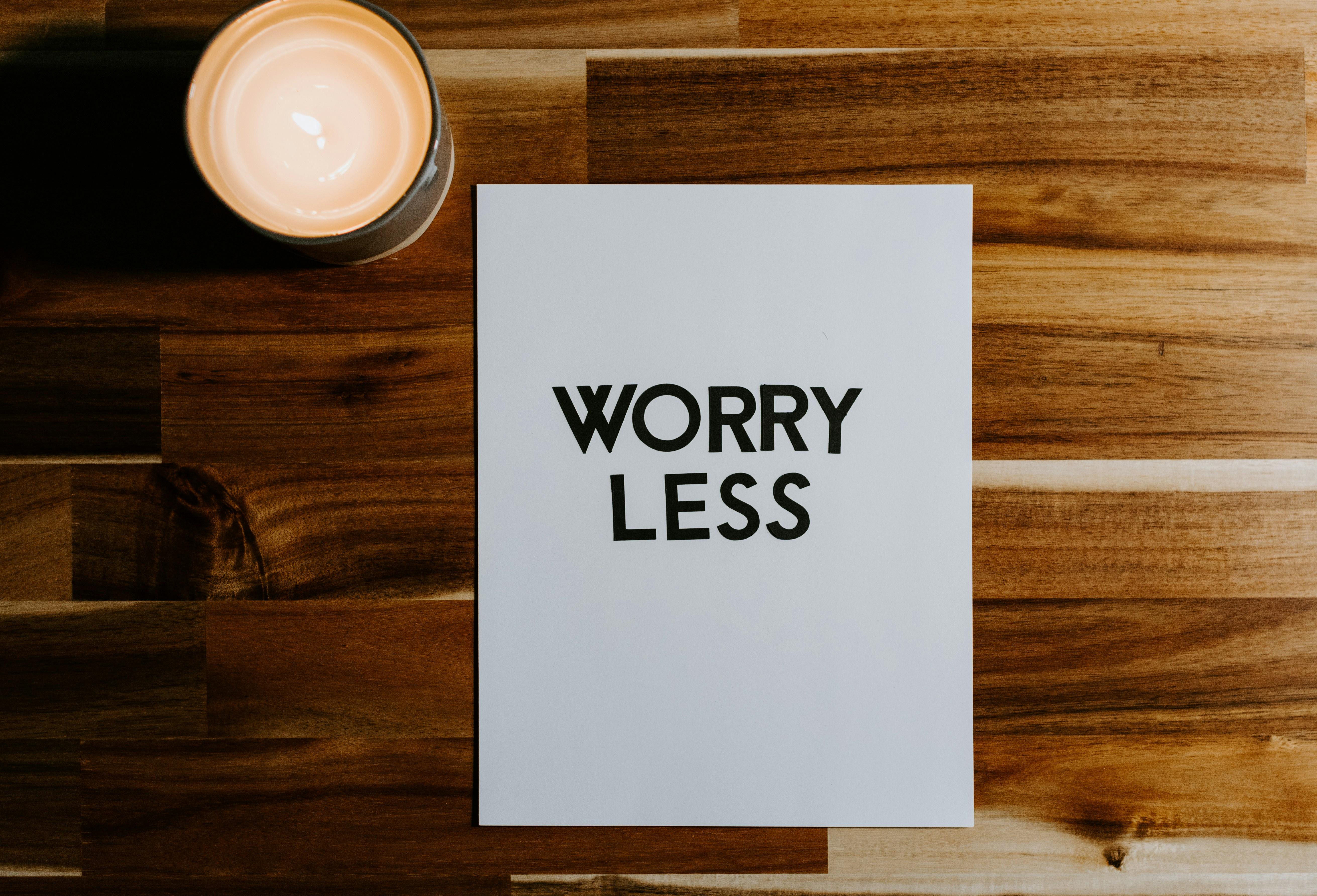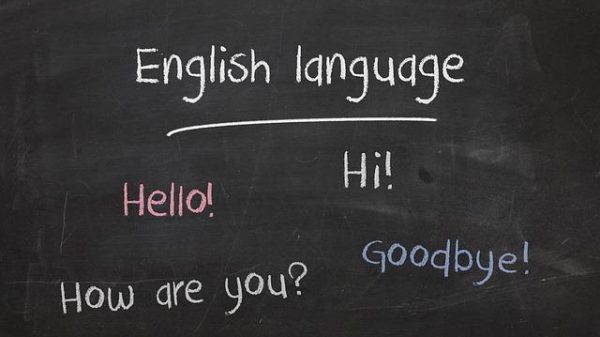In the tapestry of human relationships, conflict often appears as an unwelcome thread, threatening to unravel the bonds we hold dear. Yet, what if we could reframe these moments of discord, viewing them not as destructive forces but as opportunities for deeper connection? In the dance of emotions, conflict need not be a stumbling block; instead, it can be a stepping stone toward greater understanding and intimacy. This article explores the transformative potential of conflict, offering insights and strategies on how to harness its power to fortify emotional connections. Whether in friendships, family ties, or romantic partnerships, learning to navigate conflict with grace and intention can lead to more resilient and meaningful relationships. Join us as we delve into the art of using conflict as a tool for emotional growth and connection.
Understanding the Nature of Conflict: A Path to Deeper Connections
At the heart of every conflict lies a profound opportunity for growth and understanding. Recognizing the intricate layers of emotions and perspectives can transform discord into a powerful bonding experience. Here are a few ways to harness conflict to build stronger emotional ties:
- Active Listening: Instead of focusing on forming a rebuttal, truly listen to the other person’s concerns. This fosters an environment of empathy and respect, allowing both parties to feel valued.
- Embrace Vulnerability: Sharing genuine emotions, even when difficult, can lead to a deeper connection. Vulnerability invites authenticity and trust, essential components for emotional intimacy.
- Seek Common Ground: Conflicts often arise from perceived differences. By identifying shared values or goals, you can shift the focus from what divides you to what unites you.
- Reflect and Learn: Post-conflict reflection can offer insights into personal triggers and areas for growth. This self-awareness not only enhances individual emotional intelligence but also enriches the relationship.

Transforming Tension into Trust: Strategies for Effective Communication
Conflict, often seen as a barrier, can be a gateway to deeper emotional connections when navigated with intention and empathy. To transform tension into trust, it’s crucial to approach disagreements as opportunities for understanding rather than battlegrounds. Here are some strategies to consider:
- Active Listening: Prioritize listening over speaking. Show genuine interest in the other person’s perspective, and acknowledge their feelings without judgment.
- Embrace Vulnerability: Share your own feelings and experiences openly. This transparency can invite reciprocity, fostering a mutual sense of safety and openness.
- Seek Common Ground: Identify shared values or goals that transcend the conflict. Highlighting these commonalities can create a foundation of trust and cooperation.
- Practice Empathy: Try to understand the emotions driving the other person’s actions. Empathy bridges gaps and transforms adversaries into allies.
By reframing conflict as a chance for growth, you not only resolve issues but also strengthen the bonds that hold relationships together. It’s not about avoiding disagreements but navigating them with grace and respect.

Harnessing Emotional Intensity: Building Resilience in Relationships
Conflict, often seen as a destructive force, can be a powerful catalyst for deepening emotional bonds when approached with the right mindset. Emotional intensity during disagreements can act as a spotlight, illuminating underlying issues that need attention. By embracing these moments with curiosity rather than defensiveness, partners can uncover opportunities for growth and understanding. The key lies in viewing conflicts as a collaborative effort to address unmet needs rather than a battle to win.
- Active Listening: Truly hear your partner’s concerns without interrupting or planning your rebuttal.
- Empathy: Try to understand and validate each other’s feelings, even if you don’t agree.
- Open Communication: Share your own feelings honestly and respectfully, avoiding blame or accusations.
- Solution-Oriented Mindset: Focus on finding a resolution that satisfies both parties rather than dwelling on the problem.
By transforming the way we perceive and handle conflicts, we can build resilience in relationships, turning emotional intensity into a force for positive change and deeper connection.

Navigating Disagreements: Practical Steps to Foster Mutual Growth
In the realm of relationships, disagreements can often be seen as stumbling blocks. However, when approached with the right mindset and tools, they can become stepping stones towards deeper emotional connections. To transform conflict into a growth opportunity, begin by adopting a perspective that values understanding over winning. Active listening plays a crucial role here. Instead of preparing your next argument while the other person is speaking, focus on truly understanding their viewpoint. This not only helps in de-escalating the tension but also makes the other person feel valued and heard.
Here are some practical steps to turn conflicts into opportunities for mutual growth:
- Pause and Reflect: Before reacting, take a moment to consider your feelings and the potential impact of your words.
- Express with Empathy: Use “I” statements to convey your feelings without assigning blame, such as “I feel hurt when…”
- Seek Common Ground: Identify areas of agreement that can serve as a foundation for resolving differences.
- Be Open to Solutions: Encourage a collaborative approach to problem-solving where both parties contribute ideas.
By integrating these steps into your interactions, conflicts can become not just challenges to overcome, but pathways to deeper understanding and connection.








